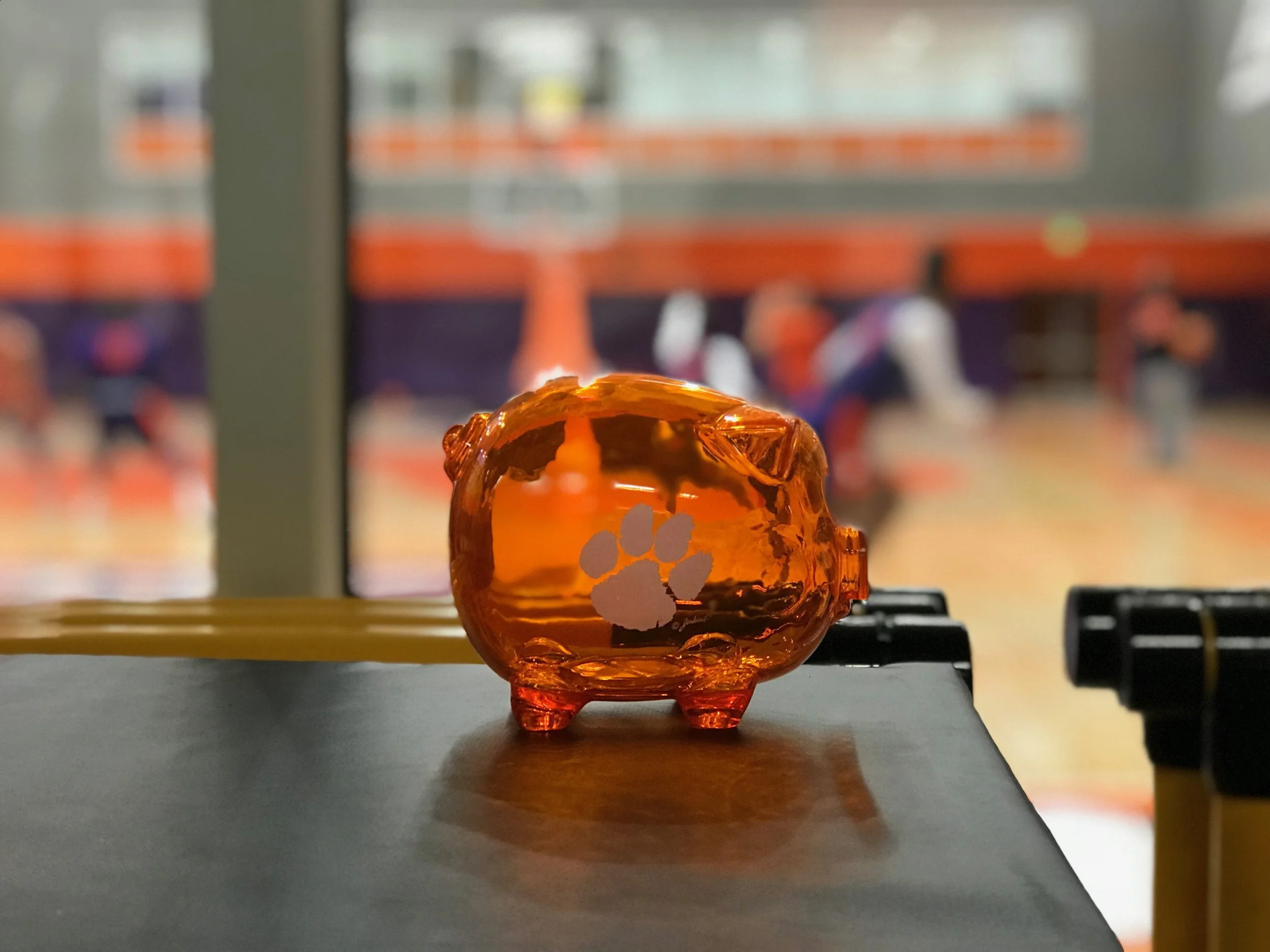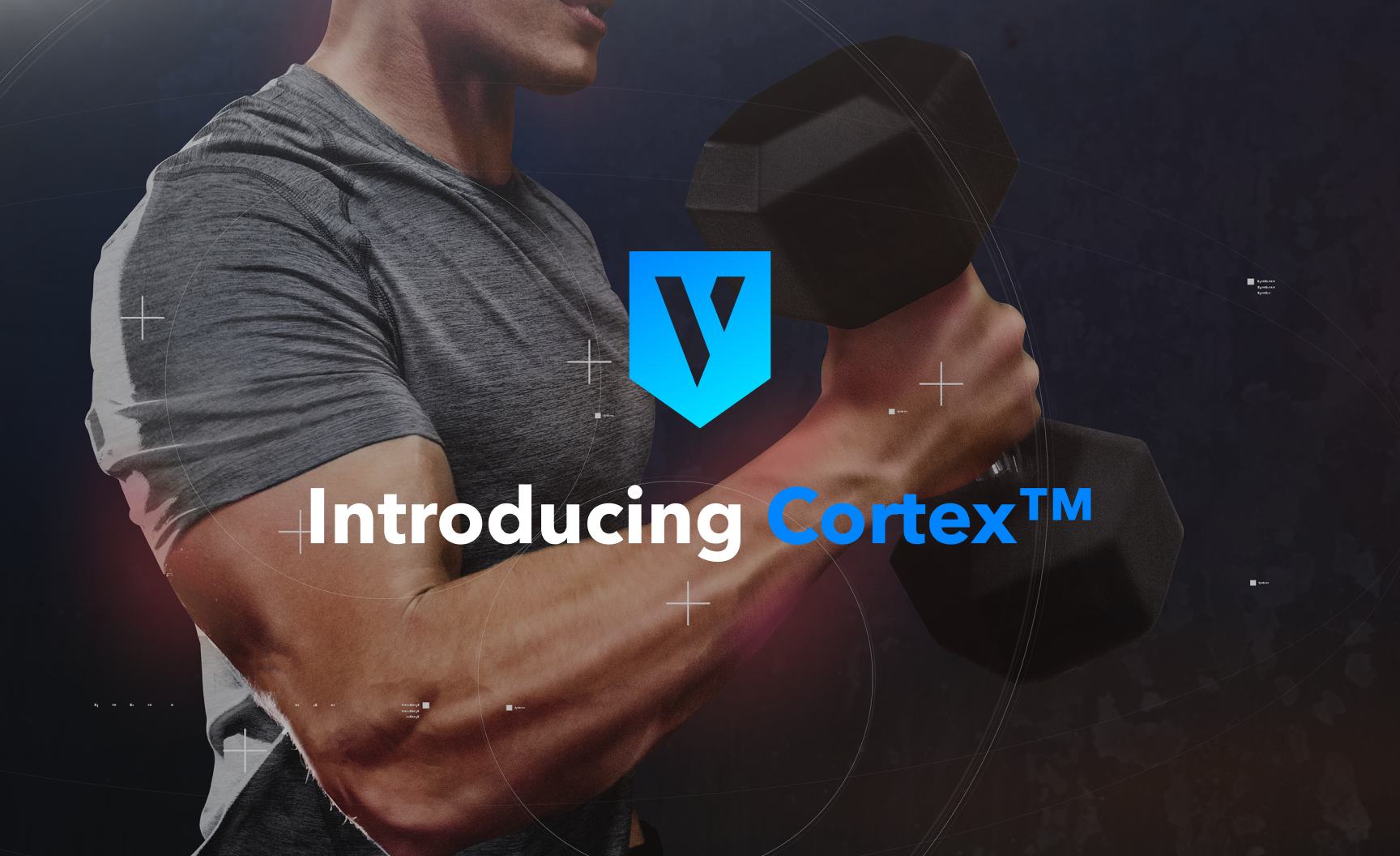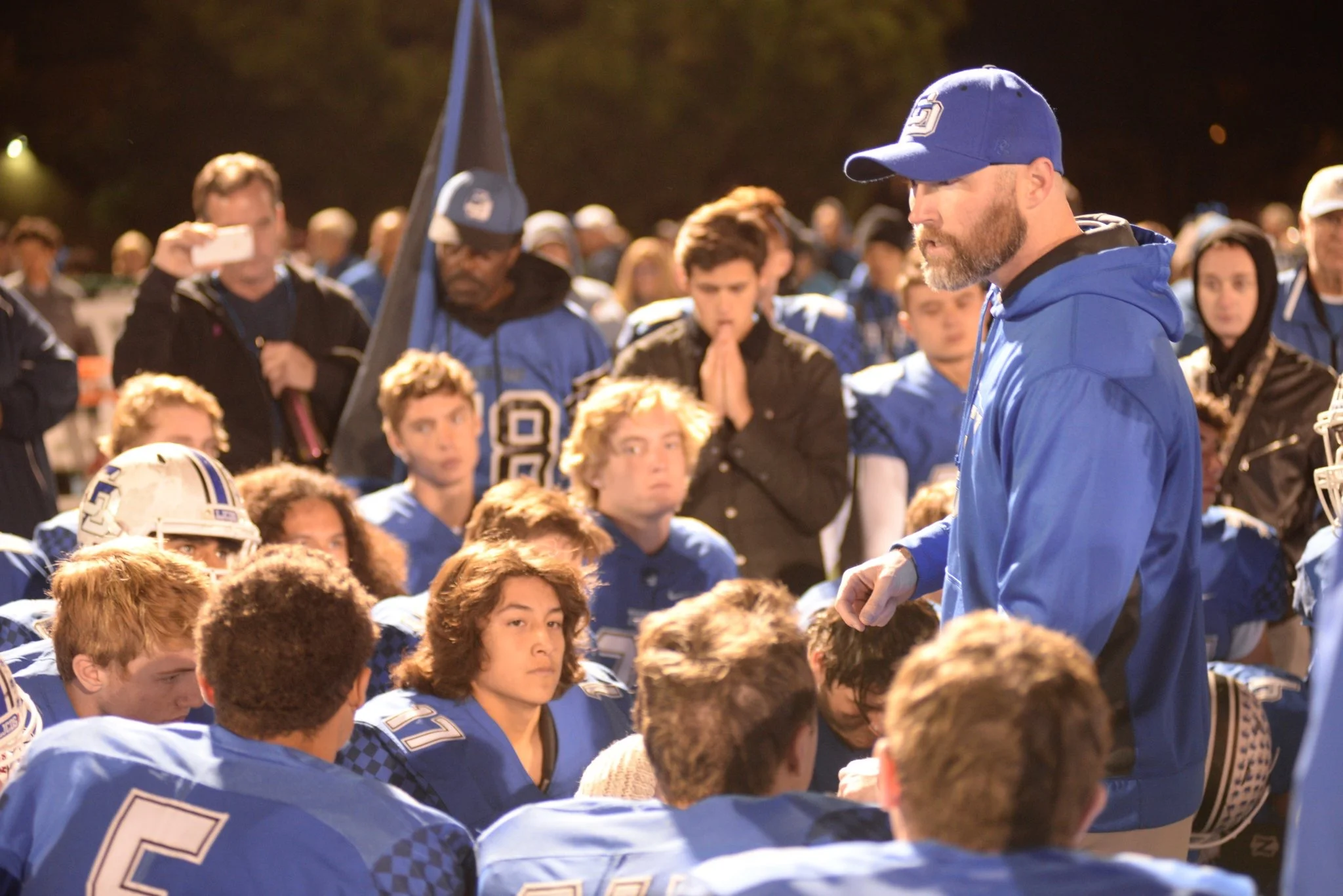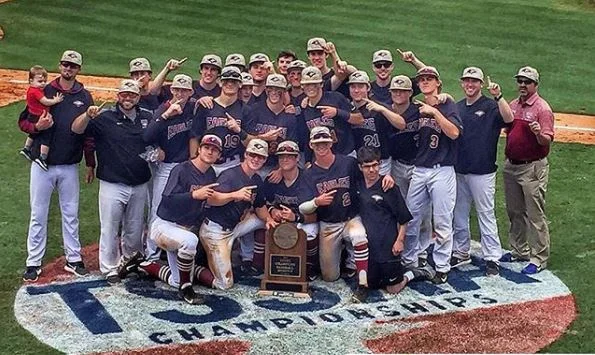4 Dimensions of Athlete Development, Part 1: Mental/Cultural
/“By putting the student-athletes in positions to lead and receive constructive feedback, we saw immediate results.” Clemson strength coach Kaitlyn Cunningham knows that well-rounded athlete development starts with the mental and cultural component. In this first article in a 4-part series, Coach Cunningham shares some DI wisdom on how to cultivate accountability, foster responsibility, and empower her athletes to depend on one another.
Read More










